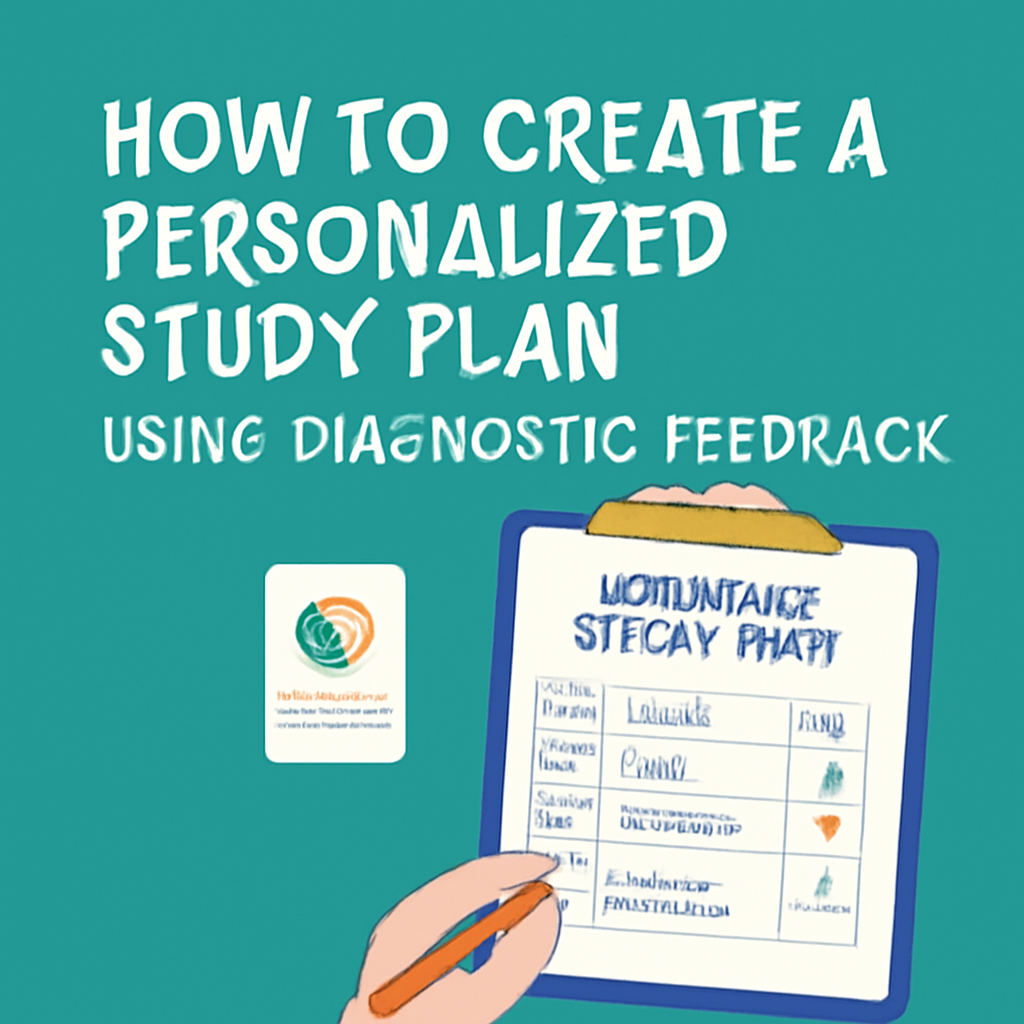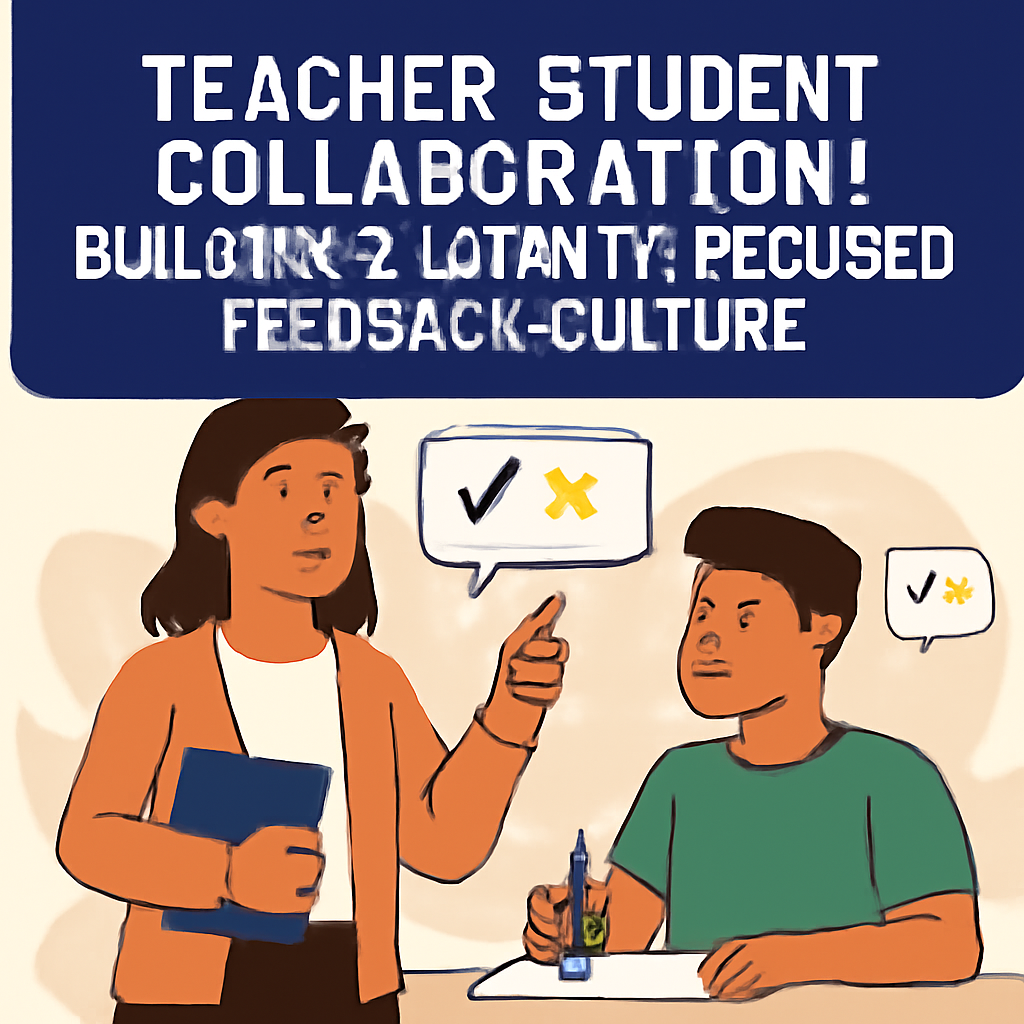Great Teachers Make Students Feel Noticed

Great Teachers Make Students Feel Noticed
As teachers, we often worry about students missing classes or losing interest. A few years ago, during a discussion about declining attendance, a teacher named Elena shared a powerful story. She talked about a student who often skipped class. At first, Elena didn’t think much of it because when the student was present, they were always active—asking questions and connecting with classmates. But after missing another class, Elena decided to have a chat with the student. She said, “I could tell your friends missed you yesterday. They weren’t laughing as much before class. And I missed your great questions. It just wasn’t the same without you.”
The student’s face lit up. From that day on, the student didn’t miss another class that semester.
This moment changed Elena’s approach to teaching. She made it a habit to show her students that they mattered. She took the time to point out their unique contributions, making them feel seen. Since then, Elena has seen a noticeable improvement in both attendance and student participation.
Why Noticing Matters
Elena’s story might sound simple, but it reveals something deeper that many students long for—being noticed. Research shows that many students feel disconnected. In a 2020 Gallup study, only 27% of students felt their professors truly cared about them as individuals. In a 2024 survey, 28% of students said they felt isolated, and nearly two-thirds reported feeling lonely. Shockingly, half of students believe their teachers wouldn’t even notice if they were absent.
When students feel that their teacher cares about them, they’re 1.7 times more likely to succeed. In fact, studies show that a strong teacher-student relationship can lead to significant improvements in almost every aspect of academic performance.
How Teachers Can Be Better at Noticing
Here are three ways teachers can improve their ability to notice and connect with students:
- Slow Down and Pay Attention
One of the biggest challenges teachers face is time pressure. It’s easy to rush through the day, and when we do, it’s easy to miss the little details that matter. Whether it’s a student who needs help or a small change in a student’s behavior, noticing requires time and attention. Research shows that our attention spans are getting shorter, so we must be intentional about slowing down and making space for meaningful interactions. A few extra minutes of attention can make a big difference in a student’s day. - Create Space for Connection
Building connections doesn’t always require more meetings or extra time—it’s about optimizing the moments you already have. Use small interactions, like the few minutes before class or when students are leaving, to check in with them. Ask them how they’re doing, how their week has been, or what they’re struggling with. These quick but meaningful moments help students feel valued and cared for. - Ask Meaningful Questions
When you talk to your students, try asking more than just “How are you?” Instead, ask questions that help you understand them better. Questions like, “What’s been the most interesting part of your day?” or “What’s been challenging for you lately?” show that you care about their experiences beyond academics. When students know you’re genuinely interested in them as people, it strengthens your bond and builds trust.
Conclusion
Great teachers don’t just teach—they make students feel noticed and valued. When students feel seen, they are more motivated to attend classes, participate, and succeed. By slowing down, creating time for meaningful connections, and asking the right questions, teachers can create an environment where every student feels like they matter. This simple yet powerful act of noticing can make a huge difference in a student’s life and academic journey.







Responses